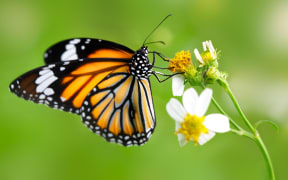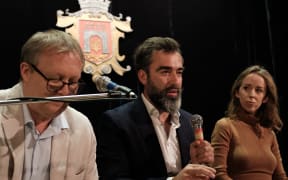Sunday Morning for Sunday 15 May 2022
8:11 Cognitive impact of long Covid laid bare
We know the symptoms of long Covid include things like memory problems and 'brain fog.' But one of the most rigorous examinations of the long-term cognitive impacts of severe Covid-19 infection has unveiled some troubling results.
In a study comparing 46 severe Covid-19 patients, researchers from the University of Cambridge found the mental impacts of severe Covid six months later can be the equivalent to ageing 20 years - going from 50 to 70 years old - or losing 10 IQ points.
Neuroscientist David Menon was senior author of the new paper, which was published in eClinical Medicine.
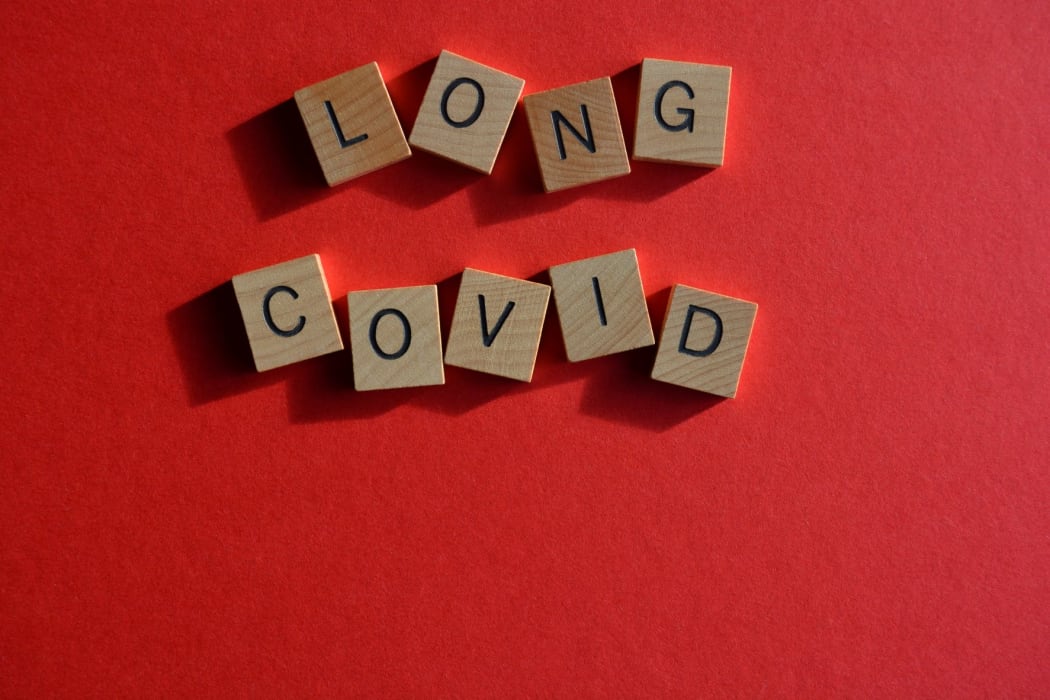
Photo: 123RF
8:25 What role does our garden play in biodiversity?
University of Otago urban ecologist Professor Yolanda van Heezik recently led a research team focused on the role private gardens can play in contributing to biodiversity.
Analysing the backyards of 78 homes and five school grounds in the Otago region, the study noted what was growing where and assessed the gardens against various key criteria for biodiversity measures. It gave the researchers data to calculate garden scores and assess how to translate those scores into a star rating.
The research team have developed a garden biodiversity evaluation tool that would support a new nationwide rating system, known as 'Garden Star,' which is modelled on the Homestar rating assessment tool for houses. Now they're looking to get councils to adopt the scheme.
Professor van Heezik is with us to look at 'Garden Star' and the role gardens play in promoting and improving biodiversity.
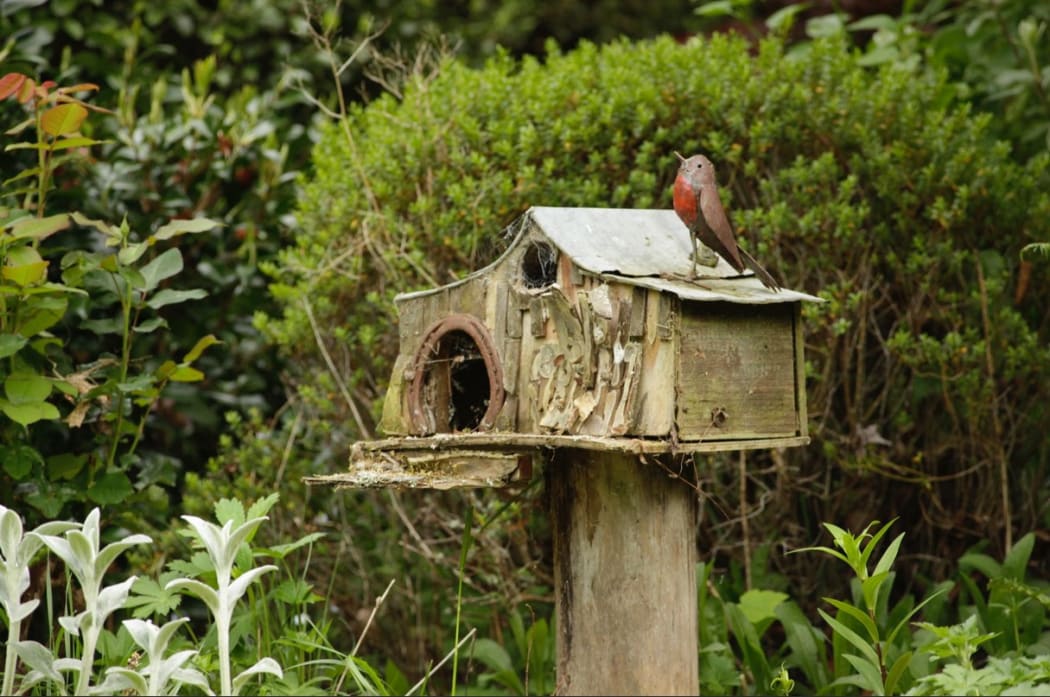
Photo: Secret Gardens
8:39 'Slim-thick' body type more dangerous than ultra-thin
The 'thin' ideal has long been identified as a threat to girls' body image, but new research has shown that there is an even more dangerous body type than 'ultra-thin' - and we have Kim Kardashian to thank for it.
Researchers at York University in Toronto recently conducted a study looking at how pervasive imagery of the 'slim-thick ideal' - an exaggerated hourglass shape which has been popularised by celebrities like Kardashian, Beyoncé, and Kylie Jenner - contributes to young women's dissatisfaction with their body.
They found that the 'slim-thick' body type is actually more harmful than the 'Heroin chic' era of the 1990s.
Study co-author Jennifer Mills, a registered clinical psychologist, is with us to discuss the study and the dangers associated with the 'slim-thick' body shape.

Photo: RNZ
9:06 Mediawatch
This week Colin Peacock asks the outgoing chief censor if our media should worry about government plans to protect us all from content causing 'harm'... and first, the new online media outlet urging listeners to "join the resistance".
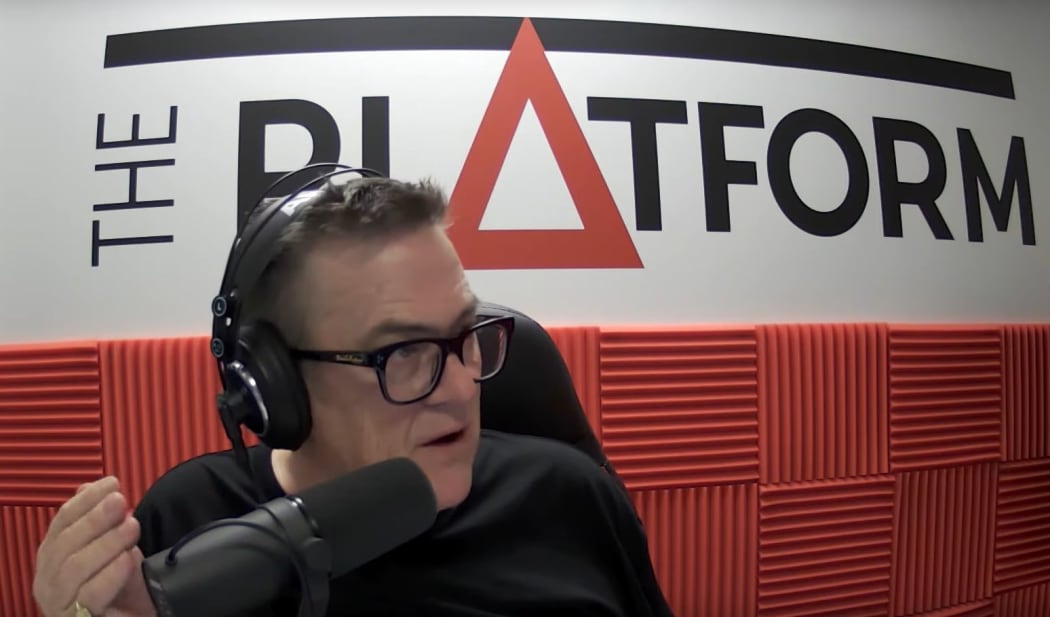
Sean Plunket broadcasting from the Wellington studio of The Platform. Photo: screenshot / YouTube
9:38 Calling Home: Gillian Bremner in Botswana
Gillian Bremner was looking for something different when she retired from her role as CEO at Presbyterian Support Otago.
When her forensic scientist husband, Greame, was offered a newly established role in Botswana - at the University of Basutoland, Bechuanaland and Swaziland - in 2018, the couple jumped at the chance to return to the country they had spent a month driving around a decade earlier.
It was that experience of doing a self-drive tour of Botswana in 2008 that inspired Gillian and Graeme to start running their own Botswana self-drive tour company. They also have other strands to their growing tourism company.
Gillian is Calling Home this morning from the couple's 16ha farm just outside Palapye, where you can build a house for as little as $30,000, though the workmanship sometimes leaves a lot to be desired...
This is their company: https://selfdrivetoursbotswana.com/
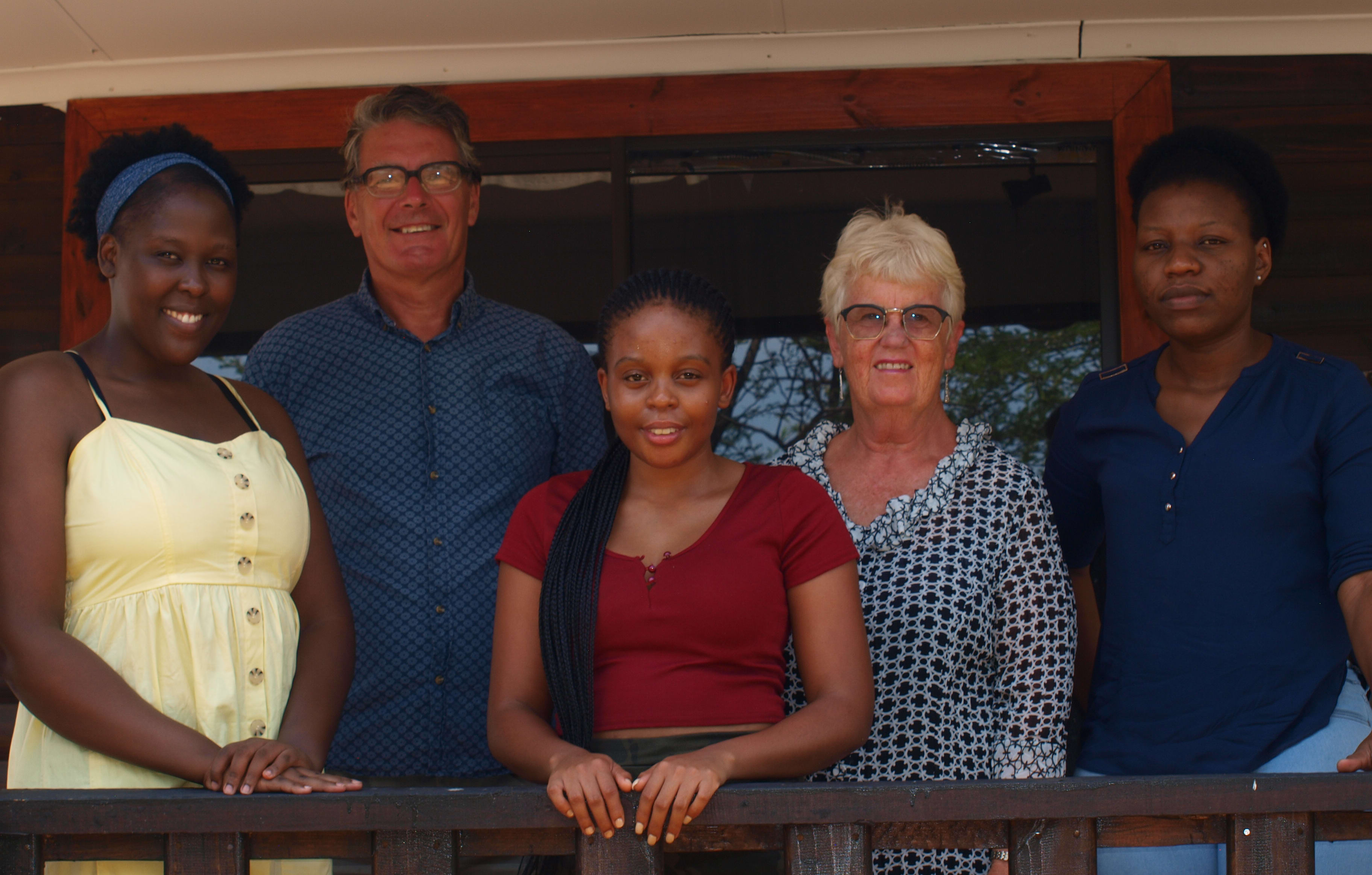
New Zealanders Graeme and Gillian Bremner with members of their Self Drive Tours Botswan team. Photo: Supplied/Gillian Bremner
10:04 Military expert predicts larger mobilisation in Russia
Russia's setbacks in Ukraine are posing a new set of challenges for Vladimir Putin, who has an overwhelming arms advantage but is lacking feet on the ground to make it count.
Not only that, but the Russian President is struggling to motivate the populace as he prepares for "a prolonged conflict" in Ukraine.
However, Putin may still have a few tricks up his sleeve on and off the battlefield, especially if the conflict stretches into the Autumn months.
Dr Jack Watling is Research Fellow for Land Warfare at the Royal United Services Institute (RUSI), a British defence and security think tank. He joins the show to discuss the situation in Ukraine and when, not if, a larger Russian mobilisation could take place.

Photo: AFP / Russian Defence Ministry
10:36 How nihilism can be used as a weapon
Writer Wendy Syfret had never been a believer in 'Aha' moments before she experienced one herself a few years ago.
Walking home from work one night, and feeling somewhat disillusioned with her lot in life, Syfret came to the realisation that it just didn't matter. One day she'll be dead and no one will remember anyway.
Welcome to generation burnout.
Nihilism has existed in one form or another for hundreds of years, and it's back in fashion, especially with Millennials who have become known as the burnout generation.
Syfret joins the show to discuss her new book, The Sunny Nihilist: How a meaningless life can make you truly happy, and how nihilism can be used as a weapon against our obsession with meaning.
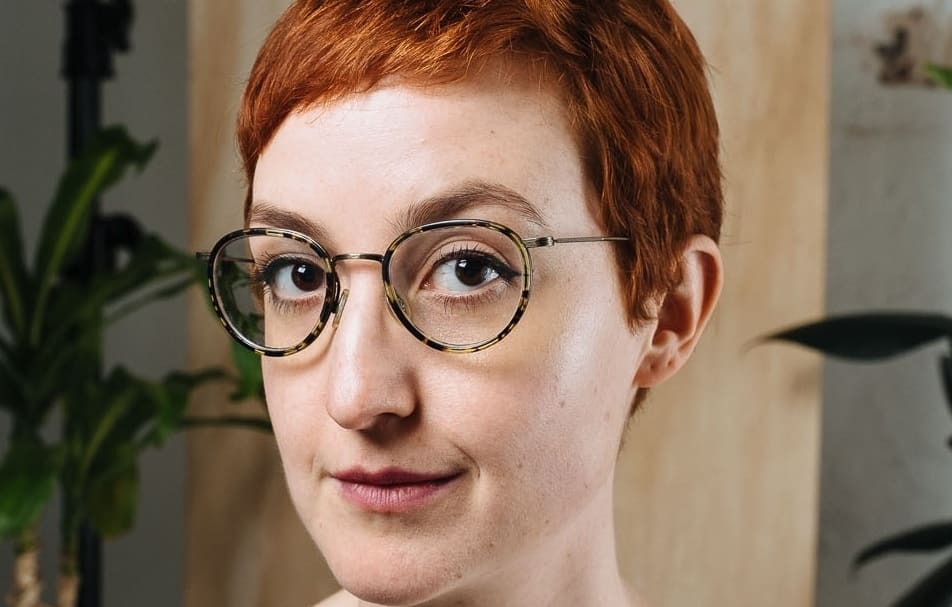
Australian writer Wendy Syfret's new book is titled Photo: Supplied
11:05 Does naming objects change our relationship with them?
Are you someone who gives things like your phone or car pet names? You're not alone. A 2019 study showed that 56% of Americans name their cars. The top three names? Betsy, Betty and Bessie...
When we give things like cars or other important objects in our lives names, we change the way we interact with them, and we may be more likely to appreciate them.
Kathryn Hymes is a computational linguist, co-founder of Thorny Games, and a writer whose work on language, technology, and music has appeared in publications like The New York Times.
She joins the show to explain why we name inanimate objects and how our relationship with those objects becomes changed forever.
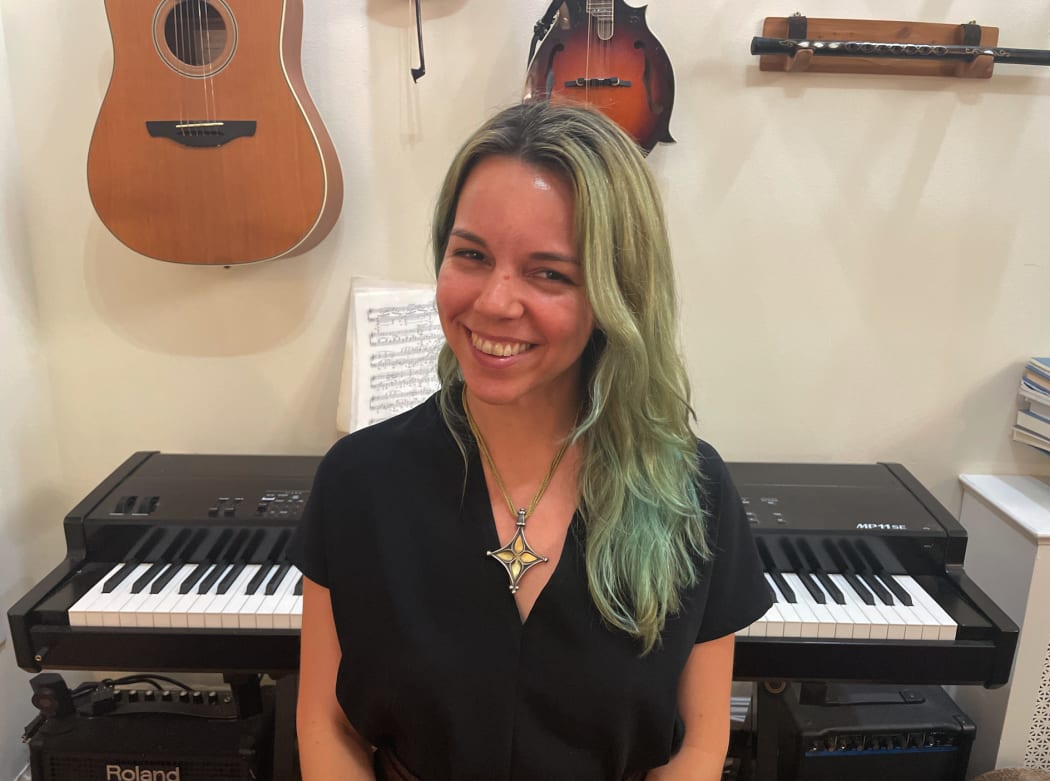
Kathryn Hymes is a computational linguist and co-founder of Thorny Games. Photo: Supplied/Kathryn Hymes
11:23 Social media breaks improve mental health: study
It won't come as a surprise to many people to learn that taking a break from social media can lead to improvements in things like depression and anxiety.
But a new study out of the University of Bath has shown that just one week off scrolling through Instagram, Facebook, TikTok and Twitter can significantly improve individuals' overall level of well-being.
Lead researcher, Dr Jeff Lambert, says the participants (162 randomly allocated social media users aged 18 to 72) reported positive mental health benefits from being off social media, with many noting improved mood and less anxiety overall.
Dr Lambert joins the show to discuss the study and the benefits of taking a break from social media.
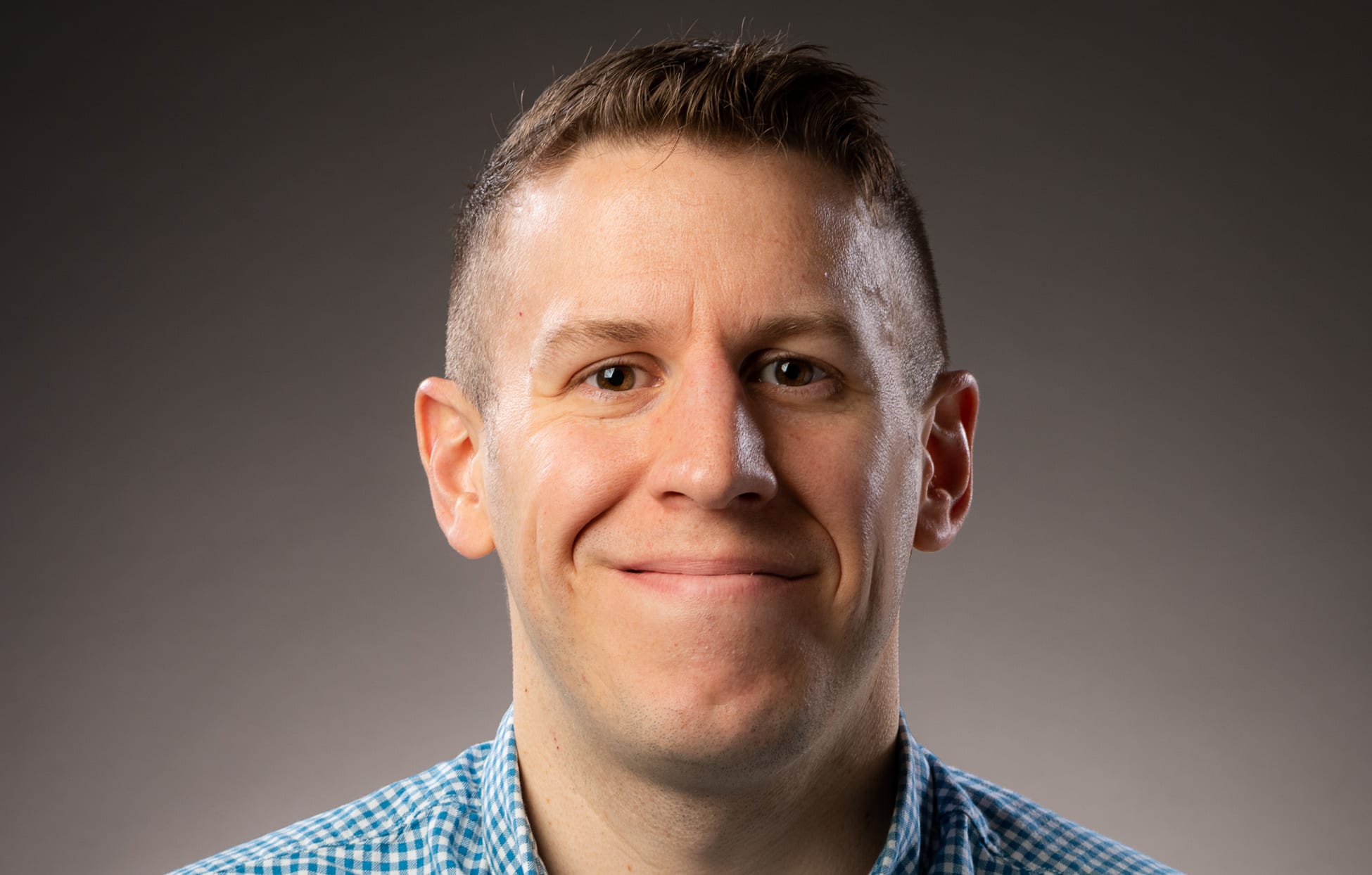
Photo: © IDPS, University of Bath 2020
11:38 Why an American writer chose to stay in Ukraine
American writer and editor Kate Tsurkan initially moved to the Ukrainian city of Chernivsti to work as a volunteer English teacher four years ago.
In her previous life, the Ph.D. student in French literature at New York University made regular trips to Paris, and taught French and English on the side to models, business executives, and the like.
But all that changed when she moved to Ukraine in search of something new. Now she is living through the Russian invasion of her adopted homeland.
World Vision says the official number of arrivals in Chernivtsi alone is 70,000 - more than a quarter of the city's population - but that figure's likely to be on the low side.
Tsurkan and husband Dima recently made room in their apartment for Zhenya and Lena, a couple who fled Kharkiv for Chernivsti, despite not knowing them before.
She says the solidarity shown by Ukrainians, not only in Chernivtsi but throughout the country, will define the crisis for the long term.
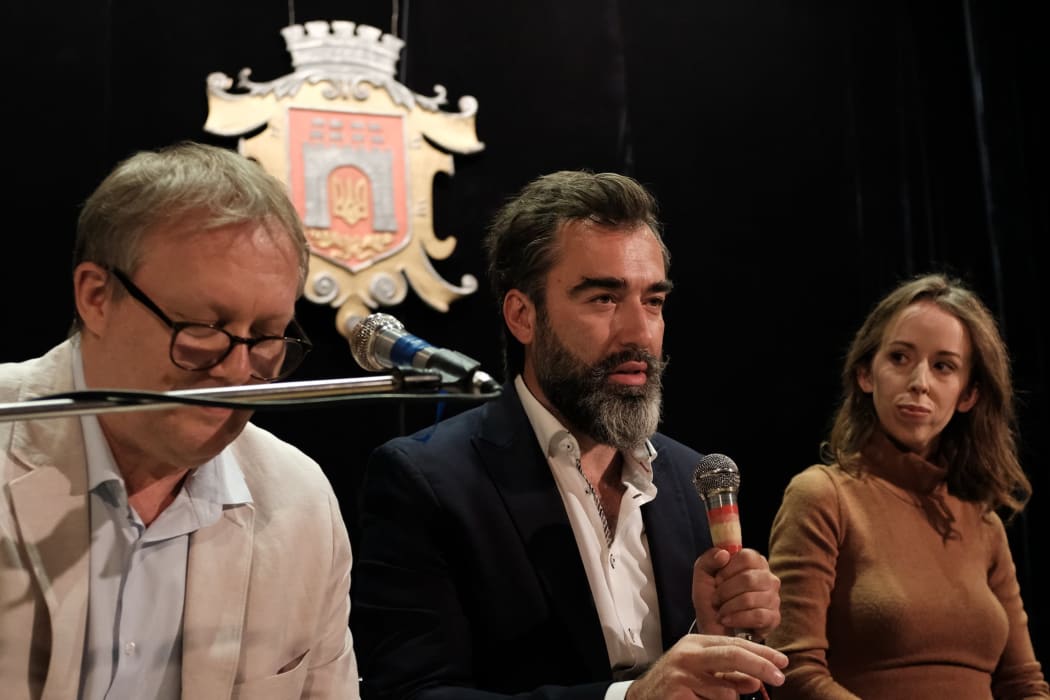
Kate Tsurkan is a Ukraine-based writer and translator. Photo: Supplied/Kate Tsurkan

